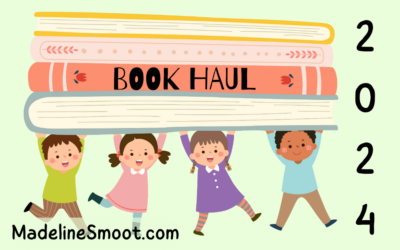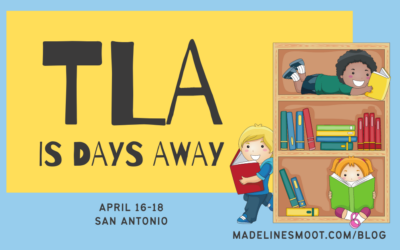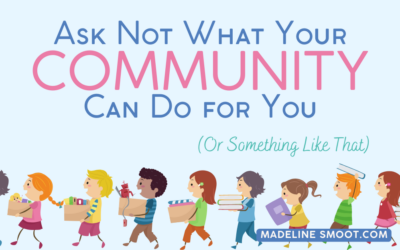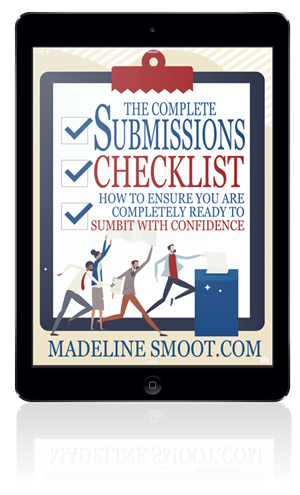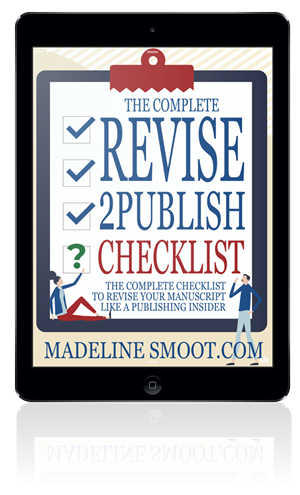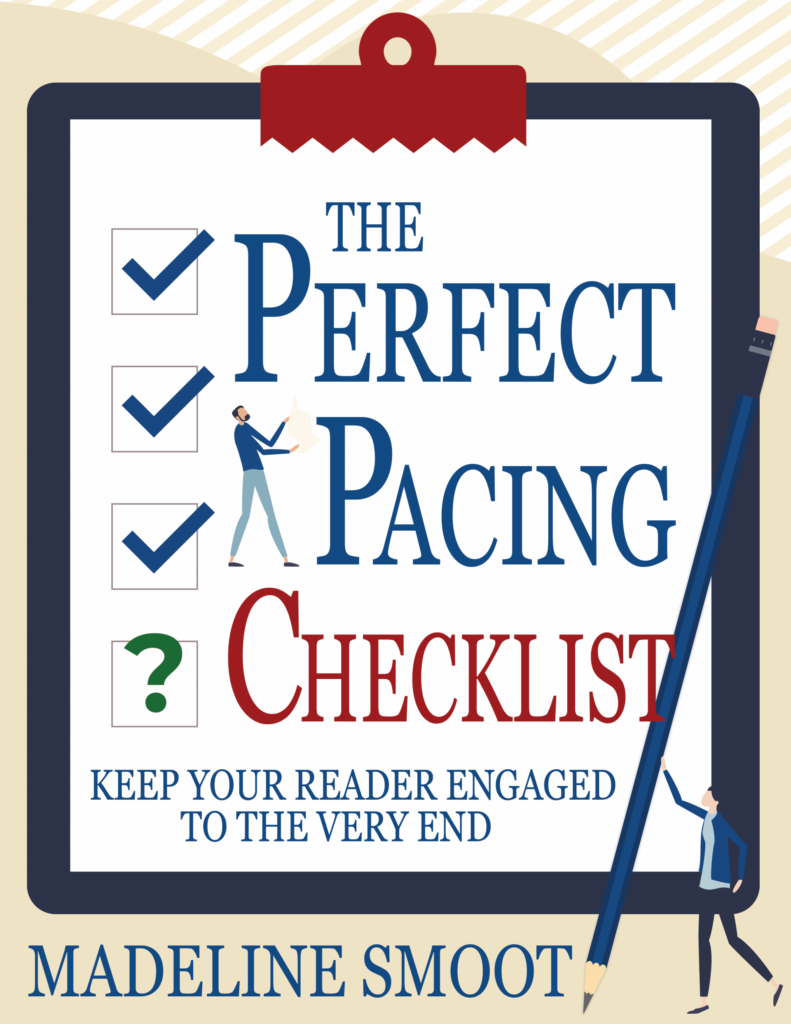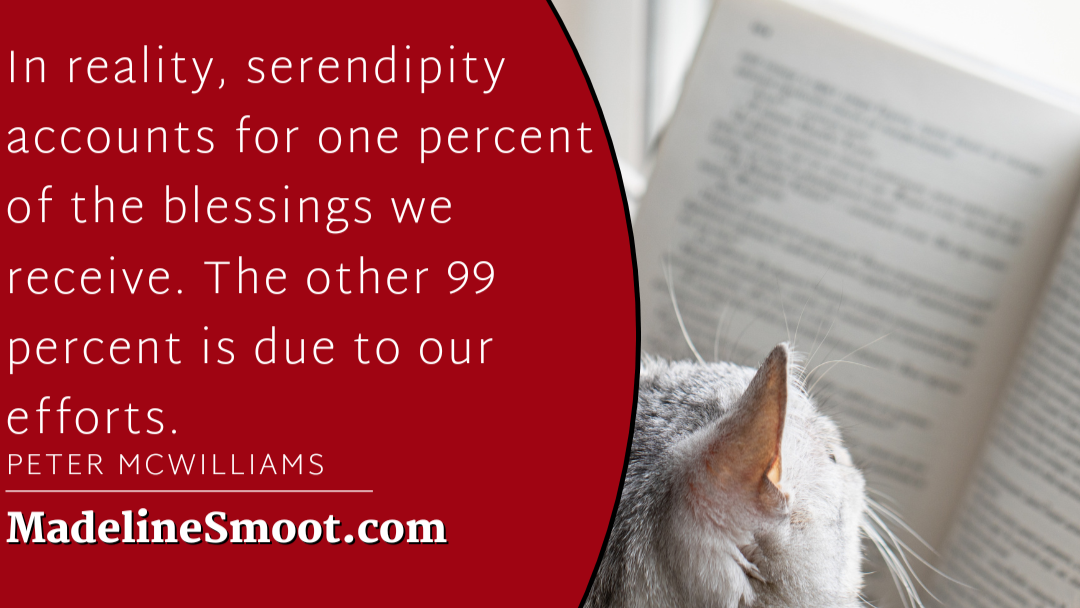Everyone wants to craft the perfect sentence and then the perfect paragraph, page, and book.
And to do that, you want to use evocative, colorful language. At least, you want to use colorful language as long as it doesn’t bleed into purple prose.
What is purple prose? It’s that overly complicated and ornate language that you find in older writing or in newer authors. It’s the superfluous, dramatic, even overwrought way to deliver a declaration that is meant to elucidate when more often it obscures the author’s meaning. (See what I did there?) In other words, purple prose is when you take a normal sentence and exchange most of the words for ones that mostly live in a thesaurus. It’s using a dollar word when a nickel one would do. It’s cramming your text full of SAT words instead of using the sort of language we all use in everyday life.
Purple prose is never exactly great, but in a children’s book, it’s downright deadly. One of the things purple prose does is to increase the reading level of the text, sometimes dramatically. I was working on a middle grade once where the overall work averaged an overall score of a ninth grade reading level. Not great, since this was middle grade and a 7th or 8th grade reading level would have been better. But ninth isn’t that far off from eighth, so ninth grade overall wasn’t a big deal.
But then I started running individual sentences that were leaning more towards a purple prose style of writing. The reading level for those sentences were hitting college levels, and not first year of college either.
And this was all due to the vocabulary. The sentence structure wasn’t more advance or complex than the rest of the work. The word choice was just so elevated, it was unrealistic to think that the average middle grader would have been able to read the book without a dictionary sitting close at hand.
Now, this isn’t to say that you can’t use advanced vocabulary in your children’s book. You can, and you don’t have to define every word in the text. Kids know how to figure out words using context clues. But the thing is, you have to give them enough other words they know for them to have enough context to give them clues.
So, unless you are writing a historical fiction children’s book, dial back the advanced vocabulary to a more realistic level. After all, we want our kid characters to sound like kids, and using ordinary language — even if we use it in extraordinary ways — is how we’ll accomplish that.
